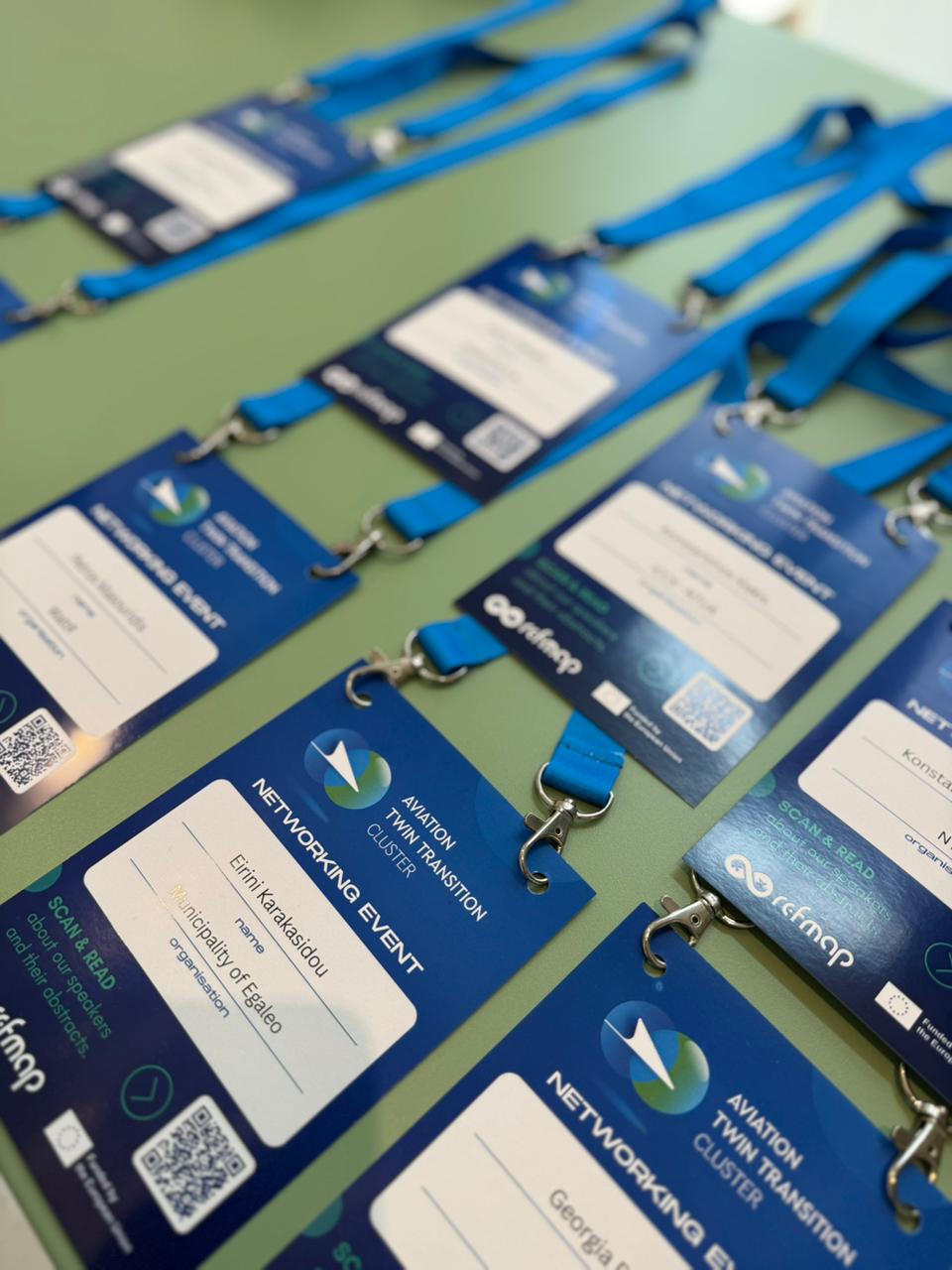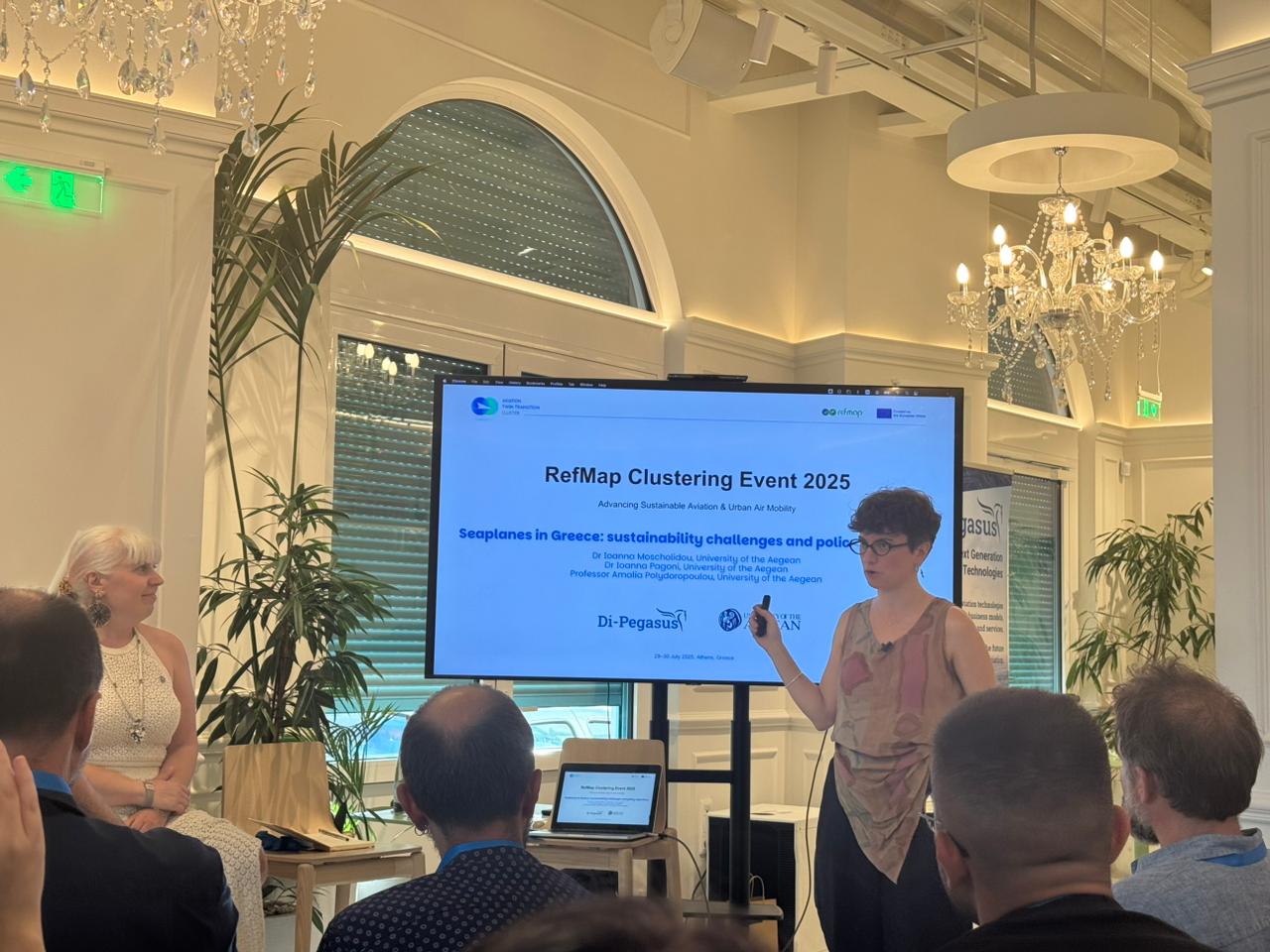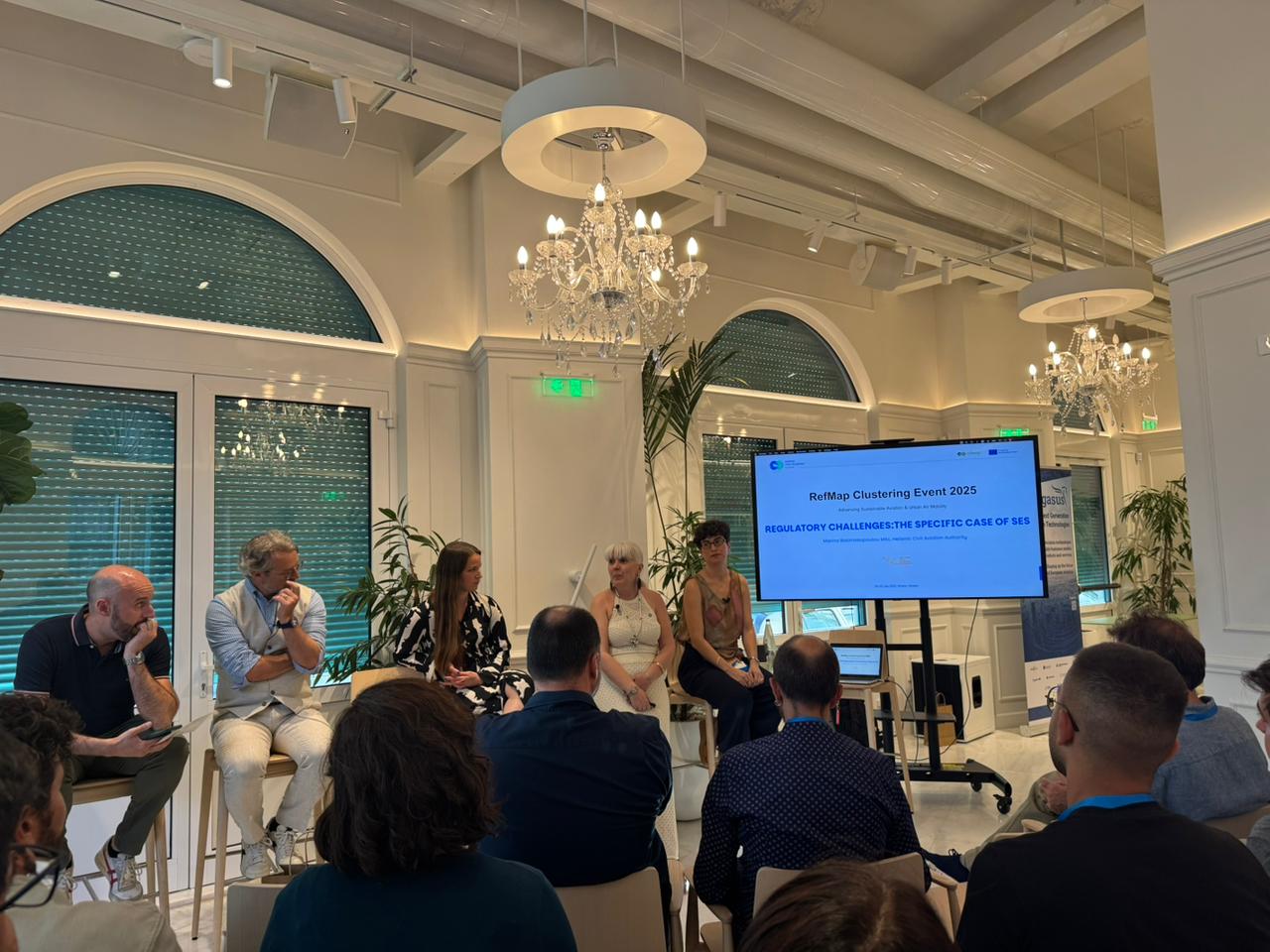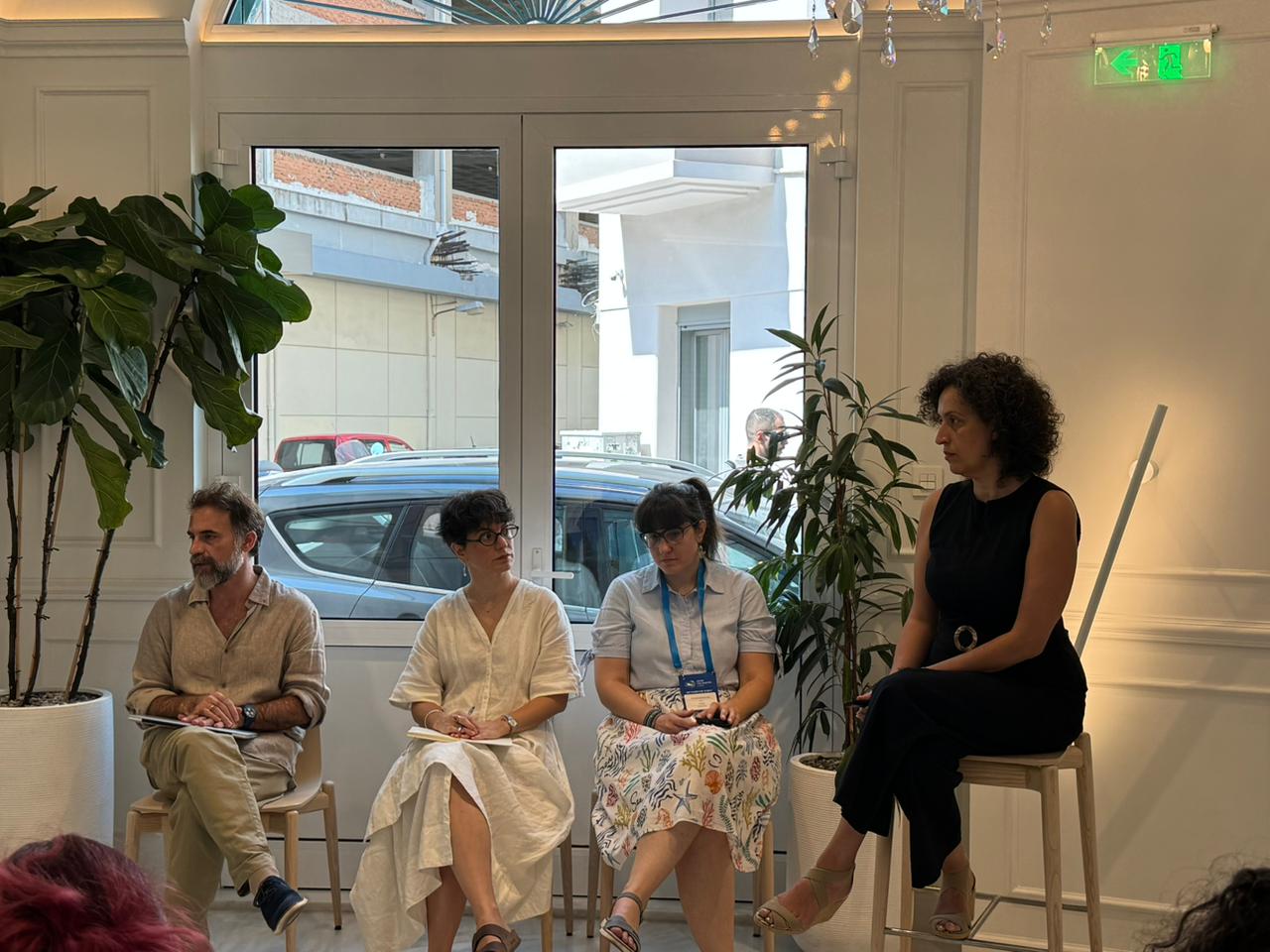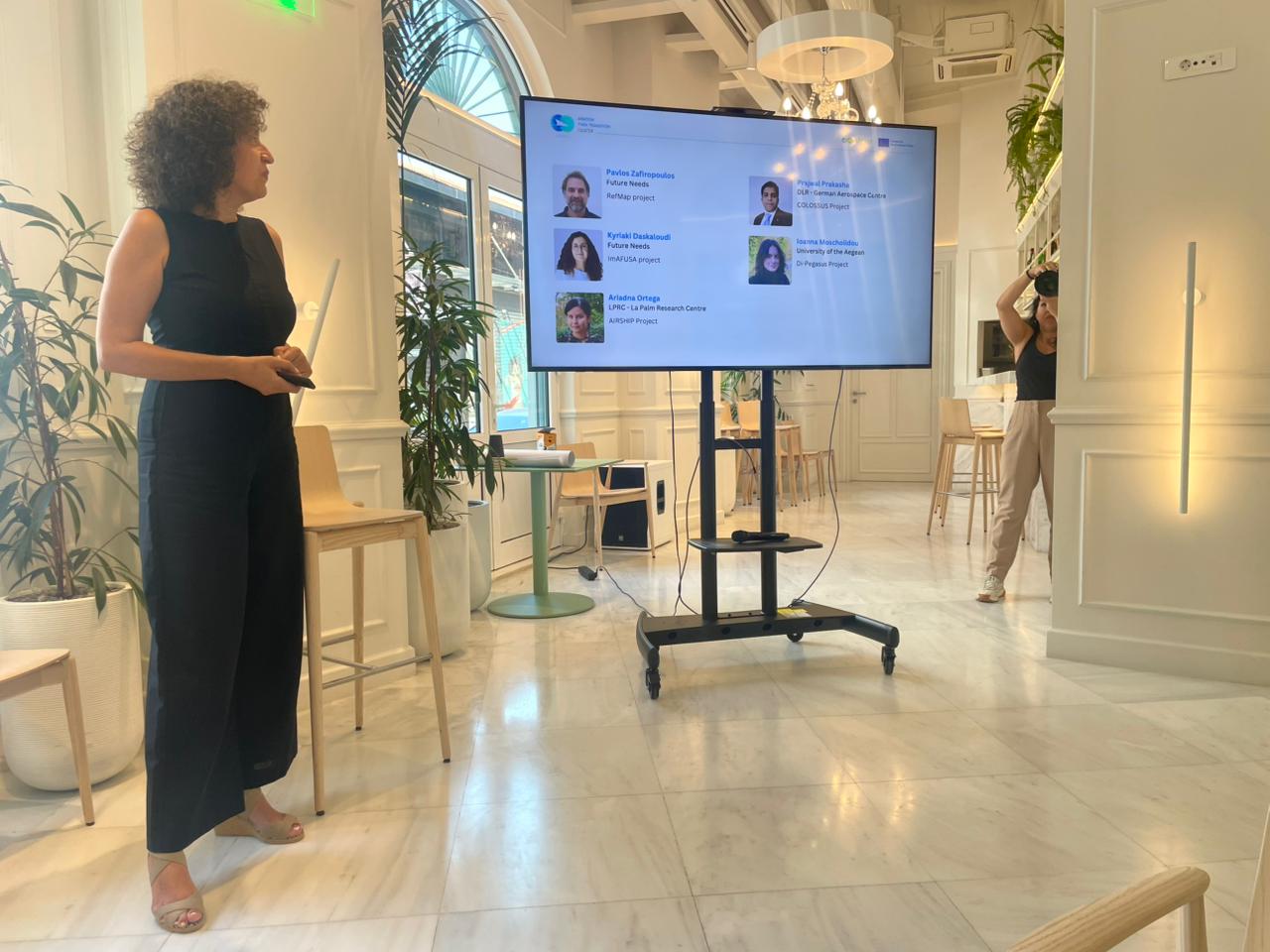In the final days of July, for the first time, all the Aviation Twin Transition Cluster members had the opportunity to meet in person, during the ATT Clustering Event in Athens.
Organised by Future Needs, in an exquisite manner, the event offered two days packed with a dynamic agenda of presentations from project partners and related initiatives.
Participants were able to explore innovative developments in aviation’s twin transition towards sustainability and digitisation, examine the economic and business trends for the coming years, and delve into the sustainability, regulatory, and operational challenges facing modern aviation. The event provided a new perspective on these critical topics and served as a bridge between theoretical research and practical implementation.
It was also an excellent occasion to discuss future dissemination and communication synergies among the cluster’s projects, and foster open dialogue among researchers and industry professionals.
Di-PEGASUS was represented by two members who shared different perspectives and lessons learned from the seaplane market regarding business models and regulatory challenges.
Ioanna Moscholidou, from the University of the Aegean, focused on the regulatory and policy challenges for seaplanes in the Greek context. Drawing on international experience and interviews with key stakeholders in the global seaplane market, Ioanna’s presentation offered a balanced assessment of seaplane use in Greece and provided an opportunity to discuss potential issues related to their adoption.
Constantin Tzembelicos, from Mediterra Holdings, focused on what seaplanes can teach us about the future of Unmanned Air Mobility (UAM). His presentation shared unique lessons-learned from the implementation of seaplane operations and explored how these experiences can help prepare for practical challenges that will be faced by the integration of Urban Air Mobility in modern cities around the world. From regulatory challenges to public perception, Constantin’s insights had relevance to many of the research programs presented at the event, demonstrating the transition from theory to practice.
This event is just the beginning, and we look forward to seeing what future collaborations the cluster will bring, as we drive toward climate neutrality and digital transformation in aviation.


